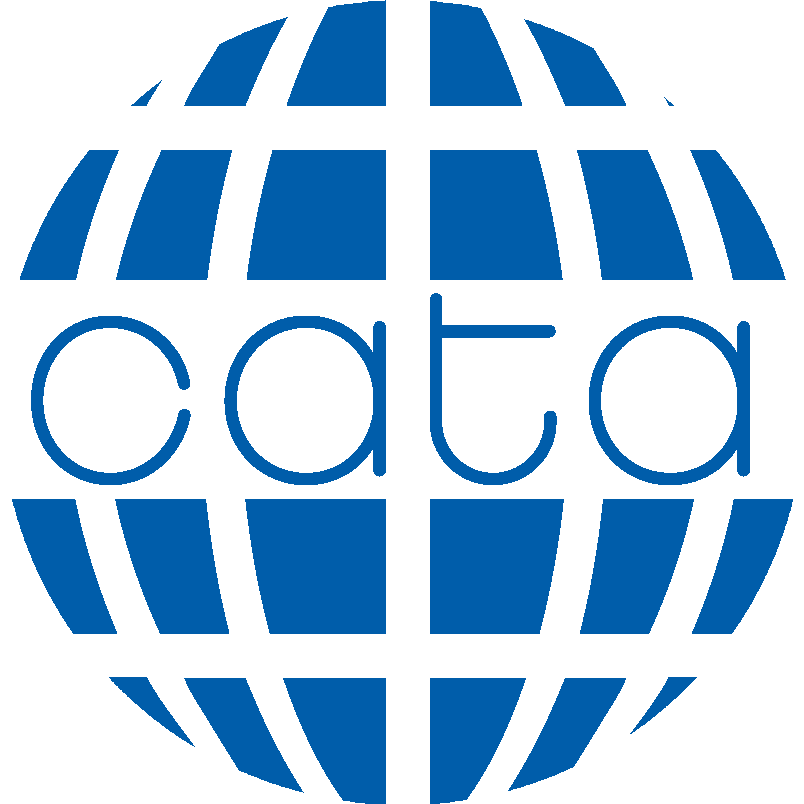New Zealand: Addressing the threat of sales suppression software
During the pandemic, Inland Revenue received intelligence that an offshore-based company may be selling sales suppression software to hospitality businesses in New Zealand. Sales suppression software systematically alters point-of-sale data collected by a business in order to understate or completely conceal revenues for the purpose of evading tax.
The OECD had identified a number of risks for tax administrations arising from the vulnerability of electronic cash register data to sales suppression software and consequent under-reporting of income. Overseas jurisdictions have reported significant revenue losses in recent years to software-enabled tax evasion in cash-heavy business sectors such as hospitality and retail. A 2013 OECD report recommended tax administrations consider criminalising the provision or possession or use of electronic sales suppression software.
We recognised that New Zealand’s existing regulatory systems did not cover adequately this new software. There were only limited mechanisms to prevent the software from spreading through the New Zealand tax base. While its usage is a form of tax evasion and could be penalised as such, it was not illegal to manufacture, sell, supply, acquire, or possess the software. Existing promoter penalties could not be applied to suppliers of sales suppression software as they only apply to promoters of tax avoidance arrangements, rather than evasion. This meant Inland Revenue had limited means of prosecuting or penalising software suppliers, which was likely the most efficient method of deterring the software’s spread.
Left unchecked, sales suppression software could become embedded in New Zealand businesses. Therefore we moved quickly to establish an appropriate penalty regime targeting those that not only acquire, possess or use the software, but also those that make and sell the software. We consider this will deter the spread and incidence of sales suppression software in the New Zealand tax base, as taxpayers who might otherwise have been inclined to use or sell the software would be discouraged by the penalty rates. It cannot be guaranteed that this will discourage all taxpayers; however, if it is sufficiently robust to discourage enough of them, the ability of vendors of the software to penetrate the New Zealand market will be greatly curtailed and the software may never take sufficient foothold in the tax base to require more substantial (and perhaps more costly) action.

